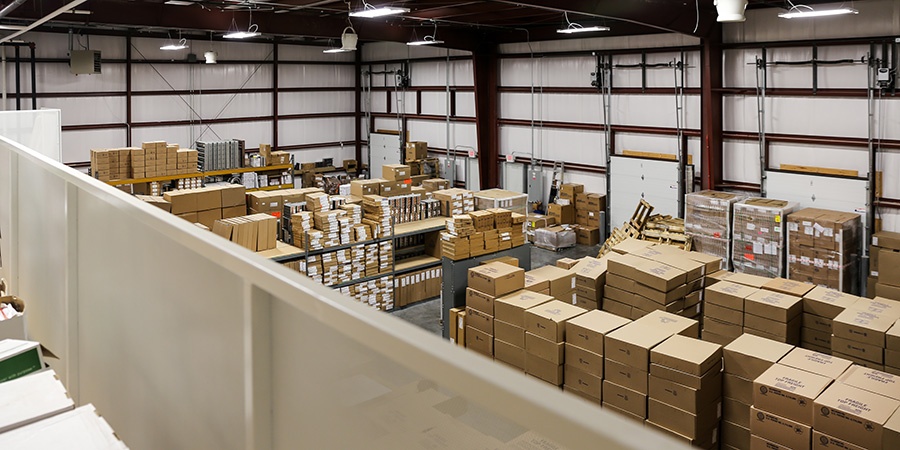Determining the best lease and lender for your retail business
September 26, 2018 | TS Bank
Marie Allely, VP of Business Banking with TS Bank was recently featured in an article in Midlands Business Journal on August 24, 2018 titled 'Securing the best lease, lender for your retail business requires research and a plan'. Below is a Q&A between her and the editor used to create the content for that article.
What advice would you give retail businesses about acquiring the best financing available for a retail location?
Start with a bank that knows you and knows your business, as they are more apt to propose more favorable terms if you have an existing relationship. Lenders typically want to see that borrowers have the ability to put 25% down on the retail location to be purchased. This can come from cash on hand or equity in other investment properties. Be sure and inquire about what closing costs may be involved in the financing. When your lender is pricing your loan, ask them to provide you with a couple of options to choose from on the amortization period, term, and rates. The loan should be structured in a way that is best for the borrower and the bank.
If the property has existing tenants, obtain copies of their leases. Long term leases are more desirable than year or month to month leases when assessing repayment capacity.
What does the bank need to know about the business in order to provide financing?
Lenders look at the 5 C’s of credit: Capacity, Capital, Collateral, Conditions, and Character. Banks want to finance deals with valuable collateral and involve borrowers with good credit history, repayment capacity and good personal character. Thorough financial records both for the business and the business owner(s) and, if possible, a rent roll on the property to be purchased.

(Photo taken at Advanced Air, Council Bluffs, Iowa)
What do retail businesses need to know about leases? Is there a “typical” lease, or do the terms vary greatly from lease to lease?
Borrowers should understand the difference between a Gross Lease and a Net Lease. With a Gross Lease, the rent is “all-inclusive.” This means the landlord pays expenses related to the property such as utilities, property taxes, insurance and maintenance; the tenant is charged a flat monthly rent.
In a Net Lease, the landlord will charge less on the base monthly rent and include expenses associated with operations, maintenance, taxes, insurance, and common area maintenance (CAMS). Net Leases can be Single, Double or Triple Net (the most popular). In a Single Net Lease, the tenant pays base rent plus a portion of the prorated property tax. A Double Net Lease is base rent plus a prorate share of property taxes and insurance. A Triple Net Lease is base rent plus all or part of property taxes, insurance, and CAMS. The prorated share is typically based on the amount of square footage the tenant leases.

(Photo taken at Air-Side Components, La Vista, NE)
What advice do you have on negotiating a lease?
Before negotiating a lease, research current lease rates in the area using realtor listing sites. Ask other similar business owners the terms and rates of their leases. Be informed on what is driving lease rates in your area. Then, when you come to the negotiating table you will know if you are getting a good lease rate and terms or not.
At TS Bank, we IGNITE PROSPERITY® by helping our clients do more with their money. Whether it’s saving a little extra cash each month or accomplishing a long-term strategy, our goal is to help you transform your financial life. Call and schedule an appointment today, one of our team members would love to help you do more with your money at TS Bank. TS Bank has eight locations in central and southwest Iowa. For more information visit tsbank.com or call 844-487-3030. #igniteprosperity